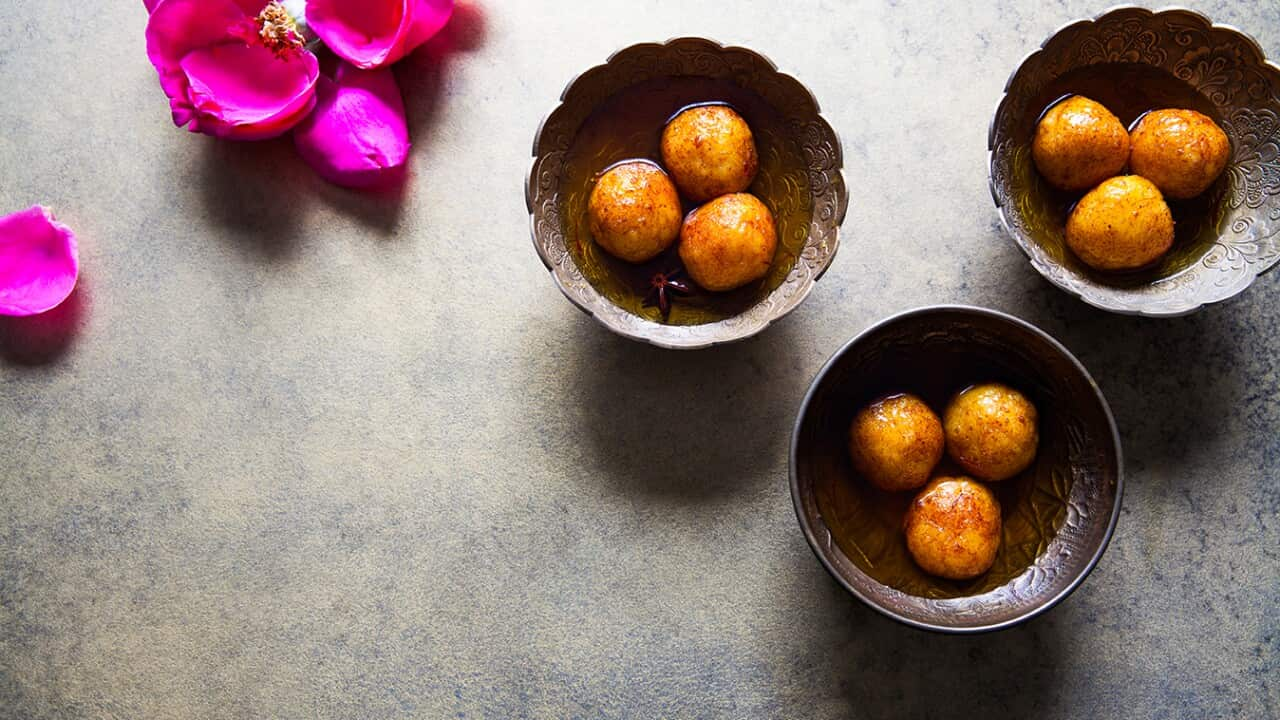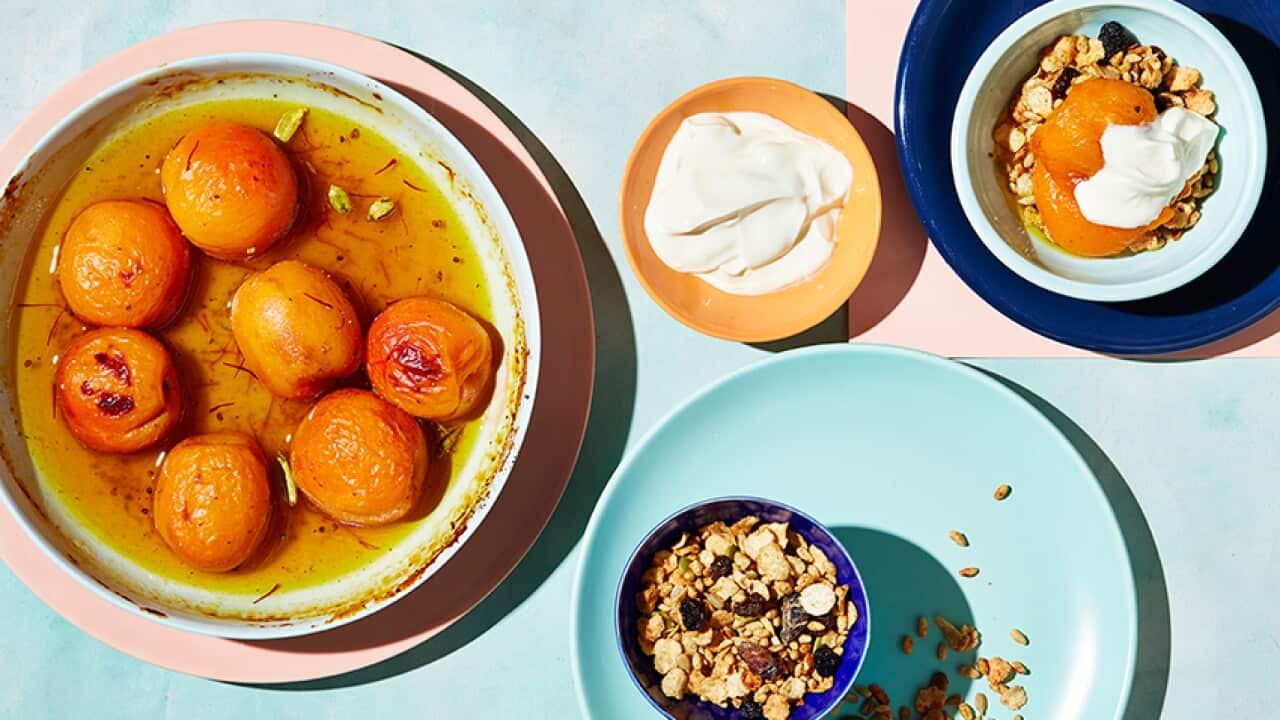The world’s most expensive spice, saffron, is proving its worth, well beyond the kitchen.
A few years back, was a promising natural antidepressant option for adults with mild depression. Now, researchers have found that saffron could be used a natural treatment for mild depressive and anxiety symptoms in teenagers.
The world-first research, published this month in involved nearly 70 Australian adolescents, aged 12-16 years, with moodiness or mild anxiety.
This study has shown that saffron has the potential to be an effective treatment with very few side effects for anxiety and depression in adolescents.
Over the course of eight weeks, adolescents were given 14mg of patented saffron supplement (affron®) or placebo twice daily.
The results showed that teens taking saffron experienced a 33 per cent improvement in mood, compared to only 17 per cent in people taking the placebo.
“This study has shown that saffron has the potential to be an effective treatment with very few side effects for anxiety and depression in adolescents,” study co-author and Murdoch University researcher, Dr Adrian Lopresti says.
“Saffron was particularly effective in reducing symptoms associated with separation anxiety, depression and social phobia, and participants reported a reduction in headaches over the eight weeks as well."
READ MORE

Chicken and saffron couscous
The researchers are now working to identify the right dose needed to lift moods and how long the treatment can be used for.
Although saffron, in this one study, was found to improve a teenager's response to stress, people suffering from stress or other mental health issues are advised to always identify and treat the initial cause of stress as it occurs.
Saffron was particularly effective in reducing symptoms associated with separation anxiety, depression and social phobia, and participants reported a reduction in headaches over the eight weeks as well.
An expensive treatment
Saffron is said to be the most expensive product in the supermarket, priced at double the value of gold.
In Saffron - marketed as being of premium quality - can be found online, and purchased directly from suppliers for almost In the UK, it's estimated that can sell for anything between $8 AUD to $18 AUD a gram.
The high cost is caused, in part, by the labour-intensive process of sourcing saffron threads from the flower Crocus sativus, commonly known as the "saffron crocus". Each flower produces a small number of stigmas which need to be hand-picked and dried in order to be used with food.
Saffron is used widely in Indian cuisine, and is also found in South Asian, Middle Eastern, North African and Mediterranean dishes.
Cooking with quantities of saffron, large enough to provide a teen or adult with the desired health effect, may be prohibitively expensive. The study’s authors believe that supplements – which were used in this study – could be a far more cost effective way to ingest the spice.
The study’s authors believe that supplements – which were used in this study – could be a far more cost effective way to ingest the spice.

Saffron, the world's most expensive spice but perhaps there's a few good health reasons for that? (Getty Images) Source: De Agostini Editorial/Getty Images
However, as the research was funded by Pharmactive Biotech Products SL, this statement warrants further investigation.
Dr Lopresti and Professor Drummond are now also looking at whether the combined use of saffron and a pharmaceutical antidepressant works better than an antidepressant alone, in adults with depression.
Other health claims
Scientific research into the health uses of saffron are starting to show that it may additional benefits on the body and mind.
shows that the exotic spice can improve the symptoms and effects of depression in adults, as well as "premenstrual syndrome, sexual dysfunction and infertility, and excessive snacking behaviors".
One randomized controlled trial examined as part of the research review demonstrated that found that women with regular menstrual cycles experiencing premenstrual syndrome who took 30mg/d of saffron supplementation for eight weeks reported relief in premenstrual symptoms and depression levels compared to placebo.
Saffron is used as a home remedy to and although research is needed to determine if these uses are myths or fact.
Note: SBS does not endorse the use of saffron in any quantity as a treatment for any health condition. Always consult a medical professional for advice on your health before considering any kind of treatment.
If this article has raised an issue for you, or someone you know is in need of support, please contact:
- on 13 11 14 or
- on 1300 22 46 36.









